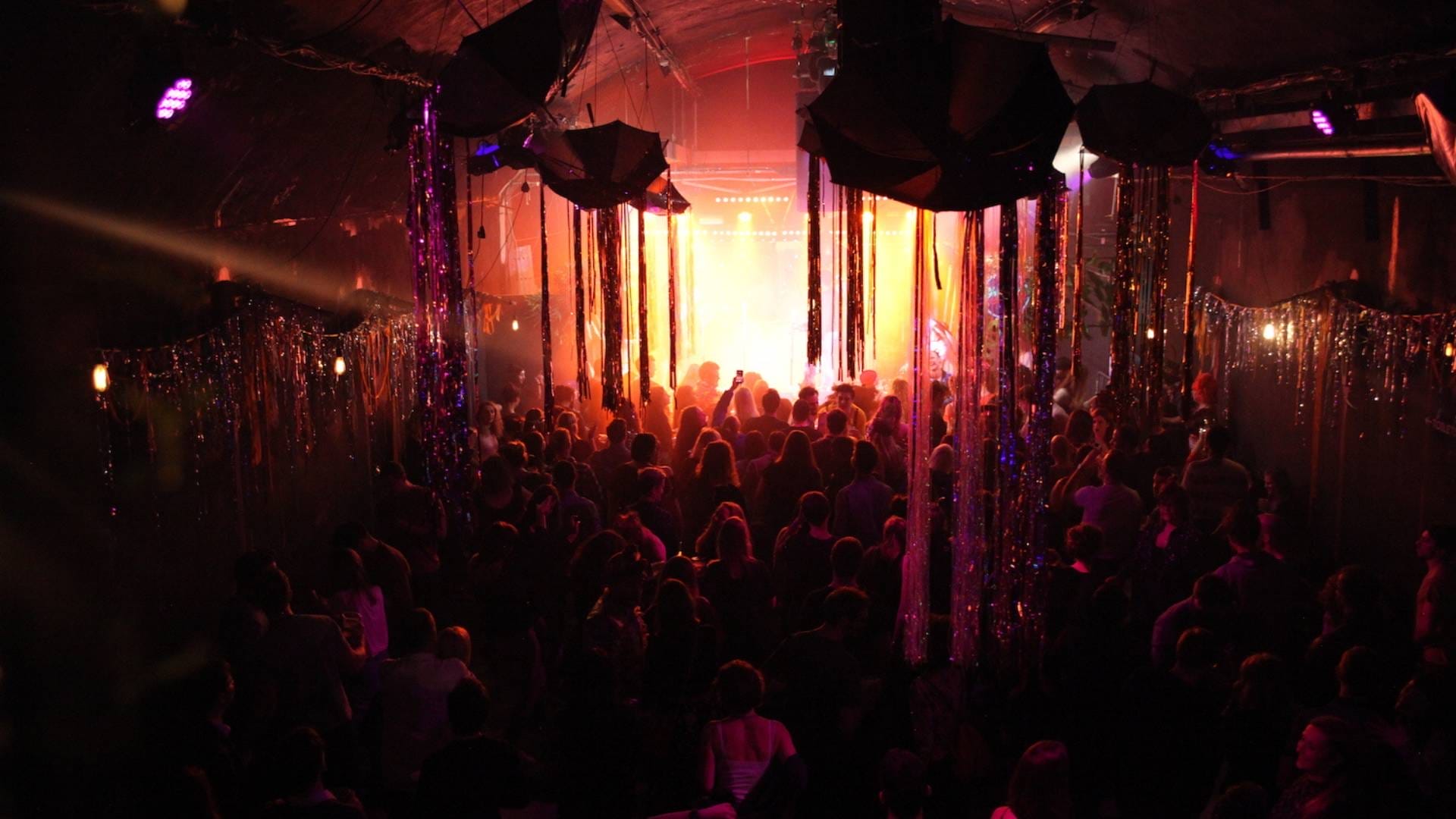 For a play supposedly created to comment on the proliferation of Spy Cams in South Korea, very little time in MOLKA is spent on the matter. MOLKA, a collaboration between Taeyun Kim and Maja Laskowska, targets the globalised degradation of women in the present day. Targeting worldwide misogyny is absolutely a worthwhile cause, but I left the production still feeling unaware of the spycam epidemic.
For a play supposedly created to comment on the proliferation of Spy Cams in South Korea, very little time in MOLKA is spent on the matter. MOLKA, a collaboration between Taeyun Kim and Maja Laskowska, targets the globalised degradation of women in the present day. Targeting worldwide misogyny is absolutely a worthwhile cause, but I left the production still feeling unaware of the spycam epidemic.
MOLKA is a jigsaw. The play takes the form of disconnected monologues that gain context as the play goes on. Traumatised and disassociated murmurings become poignant stories of humiliation, assault, and fear. The stage design lends itself well to this theme of slow revelation – a checkerboard of white paper and black boards become something else entirely. The repeated stories are powerful but rarely connect to the central issue of spycams in South Korea.
The two performers, Taeyun Kim and Nikita De Martin, do a terrific job of bringing life to unheard stories. They slide and silently scream their way to understanding. The choreography is executed well, but it is sparse. Symbolic gestures are repeated, the balance between self-harm and self-appreciation are mirrored in quite profound ways.
Ultimately, MOLKA is a solid but mismarketed piece. The production was impactful as a piece of the theatre about the impact of misogyny in today’s world. The production works well in that regard; all elements are laced together to build a clear picture of the fraught landscape in which women grow up.
However, elements of the play that comment on the Spycam epidemic or ‘Molka’ are not given the same depth and time as other stories. This lack of exploration feels like a missed opportunity. The ‘Molka’ epidemic in South Korea, where spy cams are hidden in restrooms and other private spaces and then uploaded onto pornographic websites, is a severe and heartbreaking issue. The ‘Molka’ epidemic has also received minimal exploration in the UK theatre scene. To spend so little time on such a complex issue, in a play specifically about that issue, is a real shame and one that I could not reconcile.
VAULT Festival 2023 runs Tuesday 24th January to Sunday 19th March, full listings and ticket information can be found here.
This review was written by a participant of the VAULT Festival New Critics Programme in partnership with Theatre Weekly. For more information about the VAULT Festival New Critics Programme, and all of our 2023 participants, please visit: https://vaultfestival.com/new-critics-programme/

















